When we think of a case with thousands (or possibly millions) of documents, many of us think of one word: B-O-R-I-N-G.
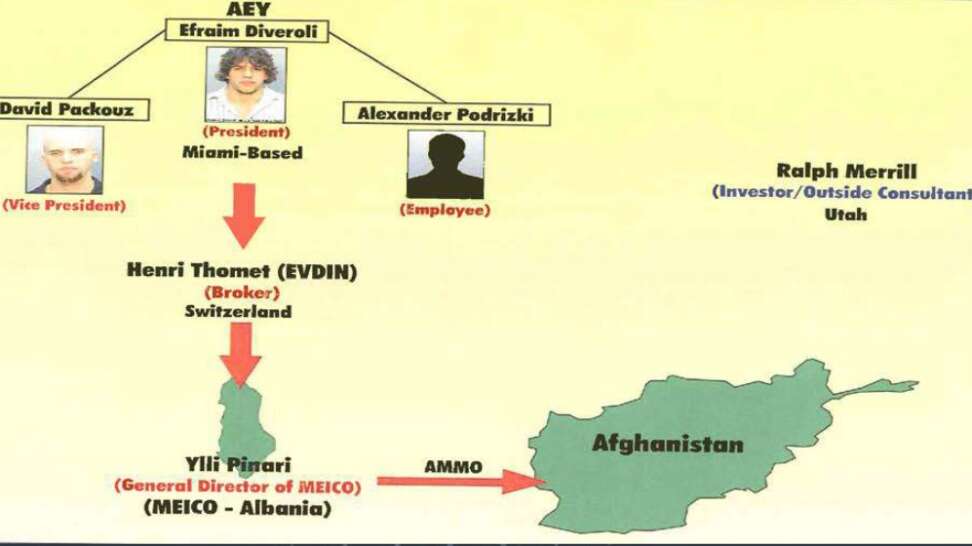

When we think of a case with thousands (or possibly millions) of documents, many of us think of one word: B-O-R-I-N-G.
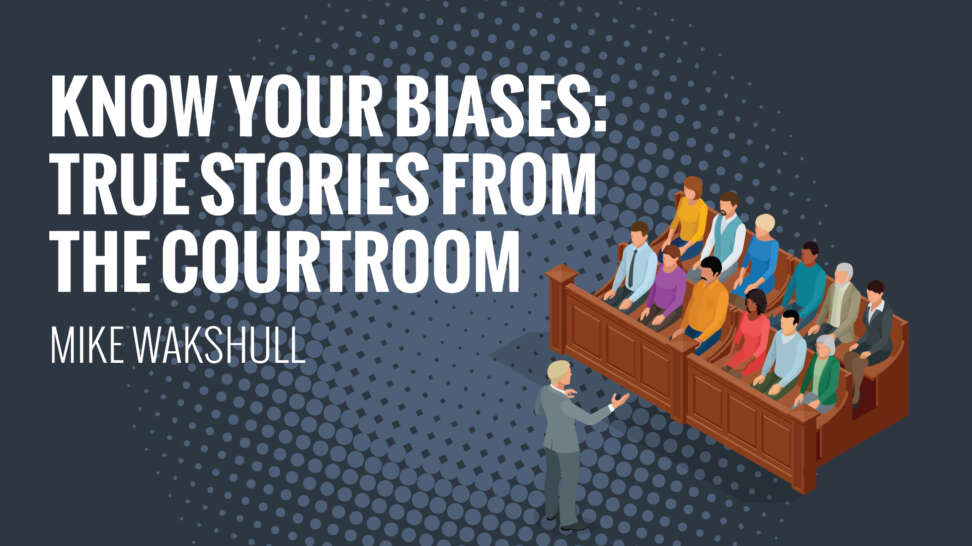
Expert witness Michael Wakshull has studied bias for years and sees these implicit biases manifest in every courtroom he testifies in. In this thought-provoking presentation, Mike will mainly discuss the six types of bias as defined by Black’s Law Dictionary, common types of bias in the courtroom, human error & overcoming bias in the courtroom.
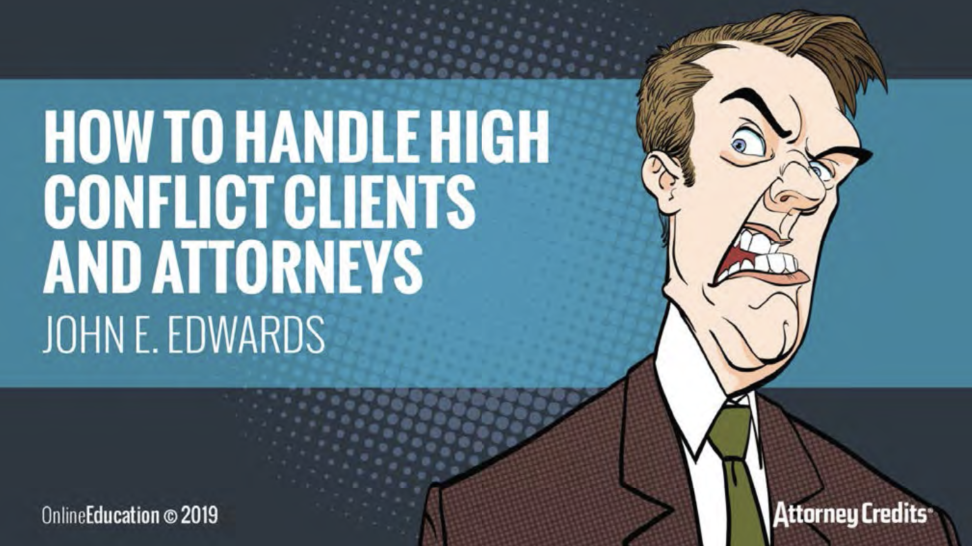
Have you ever had a terrible client that made your life miserable? It probably was not you that was the problem – more than likely it was probably the client or the opposing counsel’s high conflict personality (HCP) that was the issue.
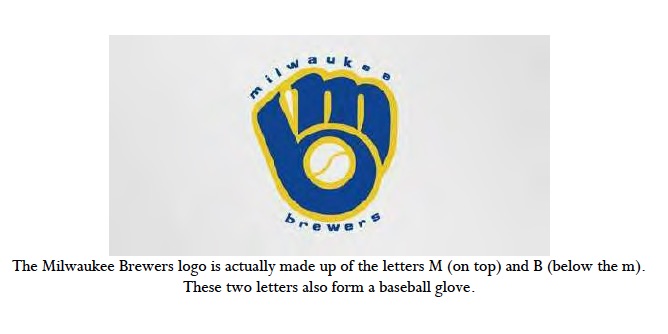
In this entertaining CLE course, Mark Reichenthal will start by providing a brief recap of copyrights, trademarks, patents & trade secrets. Mark also stresses the importance of teaching employees about IP issues and establishing systems to help employees protect valuable intangible assets.
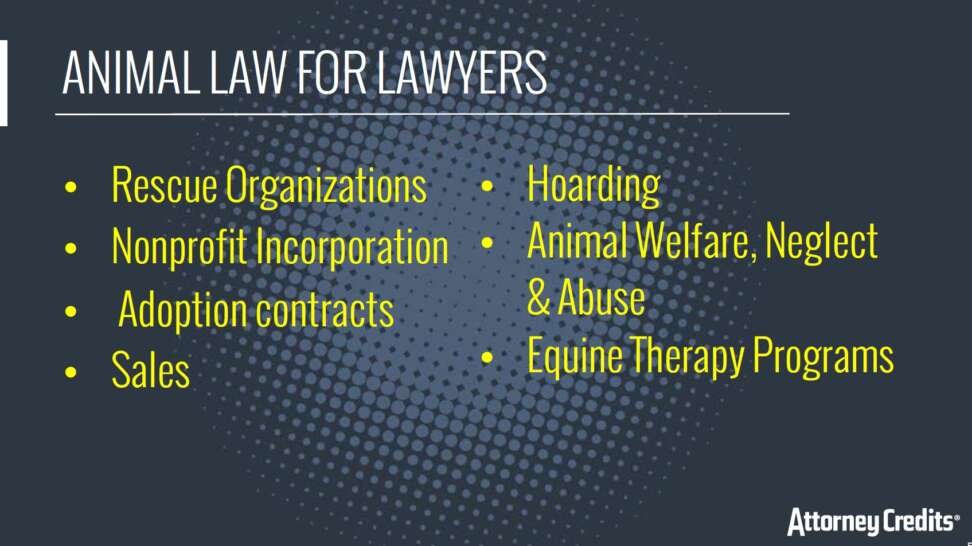
In this CLE course Cheryl Nolan will provide you with the highlights of animal law practice, what keeps Animal Law lawyers up at night and important practice tips.
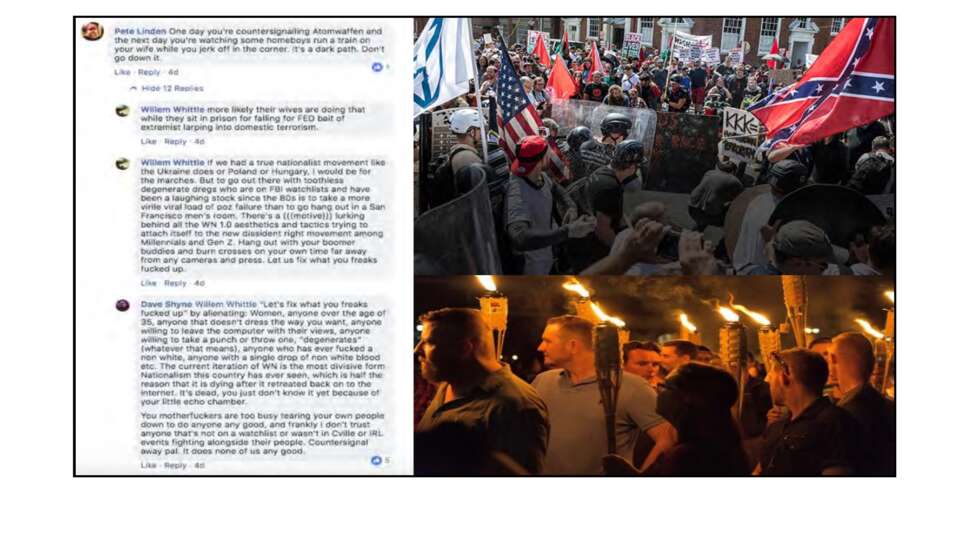
Trial attorney Mark Mermelstein provides you with best practices for getting vital social media evidence admitted at trial, authenticating the electronic evidence, proving its relevance and overcoming hearsay objections. After completing this highly informative & practical course you will understand the legal, practical and ethical implications of using electronic evidence obtained from social media networks and the Internet at trial.

Have you dreamed about starting your own nonprofit to help injured animals or help local youth sports leagues? This is the CLE course if you want to learn how to help your local community groups like the PTA – or if you’re finally ready to start your own nonprofit.

Technology has softened the rigid formality of negotiating, forming, enforcing and signing contracts over the last 15 years. In this CLE course, attorney Aaron Cronan will explore some of the most important legal, practical and business implications of technology’s impact on forming a binding contract.
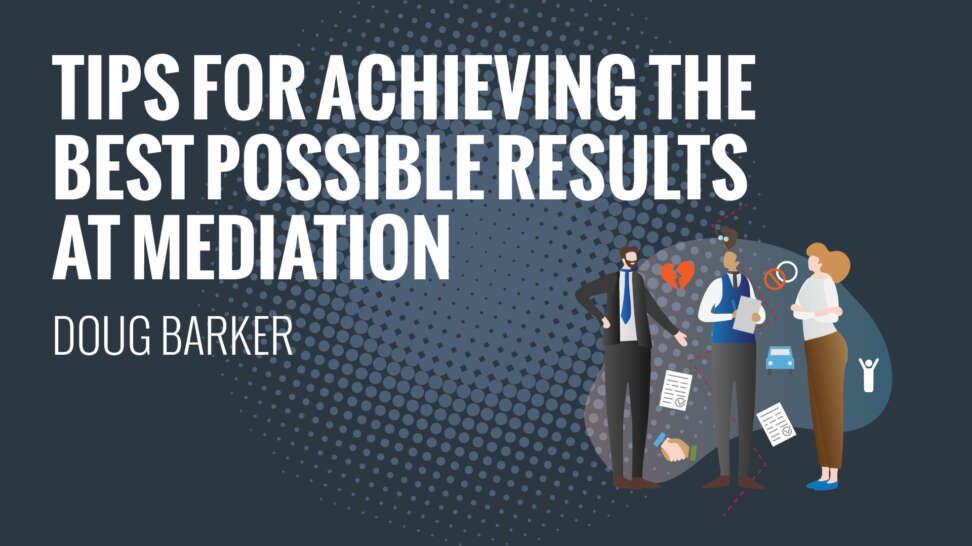
In this fast moving, information packed CLE course, Doug Barker will mainly discuss selecting the right mediator, the three phases to the mediation, fundamental points for success, negotiation strategies and negotiating with insurance companies.
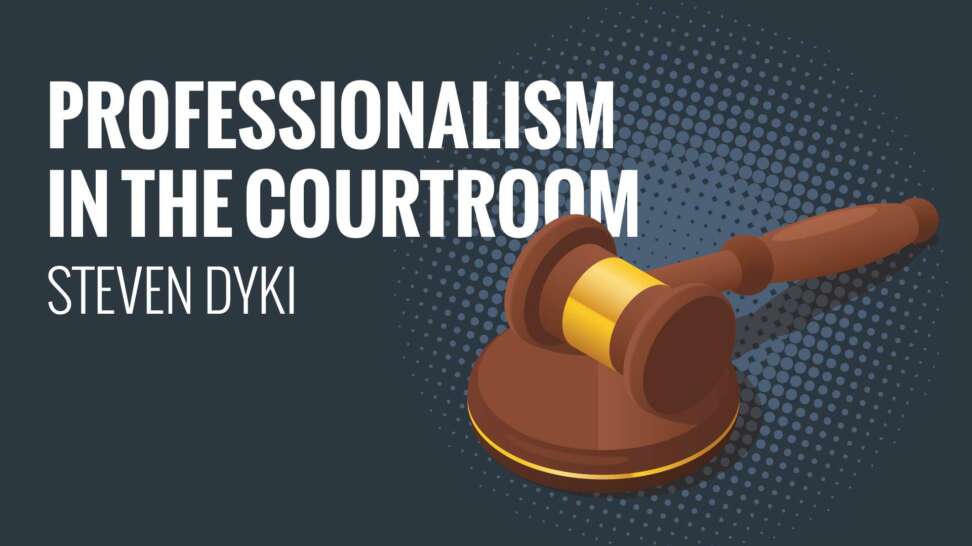
While we practice in an adversarial legal system, attorneys are still under a duty to conduct themselves in a civil and professional manner. This CLE course will analyze the ethical rules mandating civilized & professional behavior, provide case examples of unprofessional behavior and present some of the unintended consequences of uncivilized behavior.